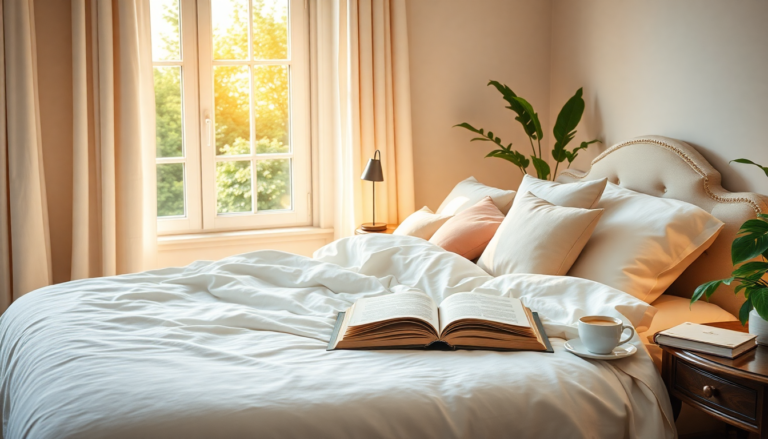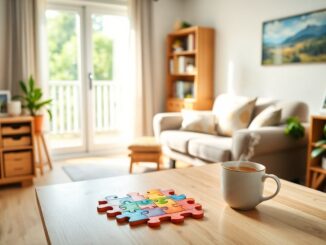Struggling with sleep? A renowned expert shares five impactful strategies for a better night's rest.

Topics covered
As warm summer nights approach, many find themselves tossing and turning, desperately seeking solace in sleep. The struggles of sleeplessness are all too familiar, but hope is on the horizon. Dr. Matthew Walker, a leading sleep expert, presents a five-step plan to reclaim your restful nights.
Make your bed a sanctuary
Step one is simple yet profound: transform your bed into a sacred space exclusively for sleep and intimacy. Dr. Walker insists, “Only use your bed for sleep and intimacy.” This means no phones, no laptops, and certainly no binge-watching under the covers.
This principle, known as ‘stimulus control,’ retrains your brain to associate your bed with rest, not the distractions of social media or work emails. “The bed should never be used as a workstation,” he emphasizes. This shift could be the key to overcoming sleep challenges.
Consistency is crucial
Waking up at the same time every day, even on weekends, is vital for maintaining a healthy sleep schedule. Dr. Walker warns, “If you sleep in on weekends or stay up late during the week, you’re throwing your internal clock out of sync.” Regular sleep patterns help regulate your circadian rhythm, making it easier to fall asleep and wake up feeling refreshed. The goal? Hit the same bedtime and wake-up time daily.
Caffeine and alcohol: the sleep saboteurs
Beware of your afternoon caffeine fix! Dr. Walker notes that caffeine can linger in your system for up to ten hours, sabotaging your sleep. A study found that consuming caffeine as late as 3 p.m. can reduce your sleep time by 45 minutes. His golden rule: limit caffeine intake after noon. Alcohol is also a culprit. While it may make you feel drowsy, Dr. Walker cautions against using it as a sleep aid, as it can lead to fragmented sleep and increase the risk of insomnia.
Tech-free wind-down time
Forget doomscrolling or racing through chores until you pass out. Dr. Walker advocates for a calming, tech-free hour before bed. “Try relaxation techniques such as progressive muscle relaxation or mindfulness meditation,” he suggests. In hotel rooms he designed, guests can find meditation programs on the TVs, which have an “immediate calming effect.” This hour allows your mind to unwind and signals your body that it’s time to rest. Consider dimming the lights in your home to mimic the natural transition from day to night; this simple act can set the tone for a peaceful evening.
The importance of sleep duration
Ultimately, all the above strategies are futile if you’re not getting enough sleep. Dr. Walker states that adults should aim for 7 to 9 hours of sleep per night. “This range provides maximum benefits for brain health, emotional stability, immune function, and physical repair,” he notes. Falling short of six hours can lead to severe health risks, including cardiovascular disease and metabolic dysfunction. The staggering cost of sleep disorders in the U.S. stands at about $94.9 billion annually, encompassing everything from doctor visits to lost productivity. But, according to Dr. Walker, it doesn’t have to be this way. By reclaiming your bed and adopting these habits, restful nights are within reach.
So, dare to make your bed a haven of relaxation. With Dr. Walker’s expert advice, you might just find the sweet slumber you’ve been missing.




